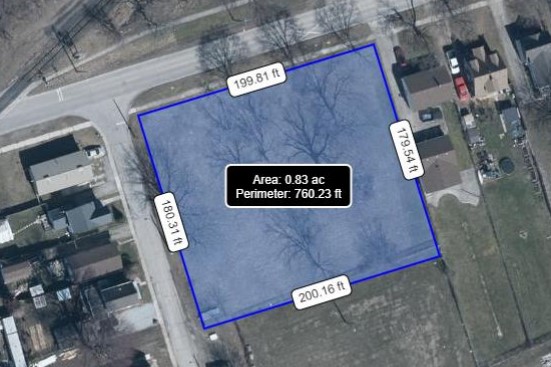
A transitional housing project to support Chatham-Kent’s homeless population has taken another step towards becoming a reality.
During Monday night’s meeting, Chatham-Kent Council approved spending $3,801,697.43 in capital costs to construct transitional cabins for people experiencing homelessness on vacant municipally-owned property on Park Street near Hyslop Street in Chatham.
Included in the capital costs is a $2.295 million installation contract, which has been awarded to NOW Housing to supply and install 50 cabins, one community building, one washroom pavilion, one security cabin and one utility cabin for the project.
The motion to move forward with the tender was passed almost unanimously with Ward 6 Councillor Michael Body casting the only no vote. Councillors Jamie McGrail and Melissa Harrigan were not present for the meeting.
While the municipality continues to advocate for financial assistance from upper levels of government, Chatham-Kent has not received any commitment of financial support from the Ontario government.
Councillor Alysson Storey expressed her disappointment in the lack of involvement from the province.
“We’re basically adding debt because the province has not come to the table to assist us,” Storey said “When we went to AMO [conference] in Ottawa a few weeks ago, this was basically the top priority for every municipality in the province, and I just want to stress the importance of the province realizing the extreme need in Chatham-Kent and other municipalities. I really hope our provincial counterparts hear our cries for help.”
The transition cabin project is expected to replace the Victoria Park Place homeless shelter and will only be available to current Chatham-Kent residents.
Ray Harper, director of municipal housing development, said tenants of the cabins will pay rent for their accommodations, which will be based on Ontario Works and ODSP standards. He added that the rent payments will generate roughly $248,000 in annual revenue for the municipality.
According to Harper, the annual operating costs of the transitional cabins will be an estimated $2.2 million.
